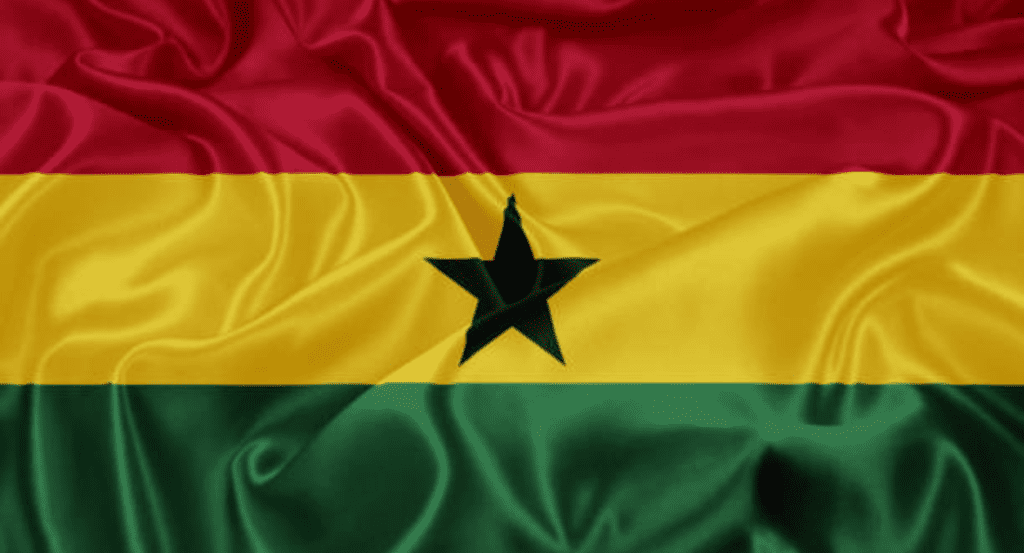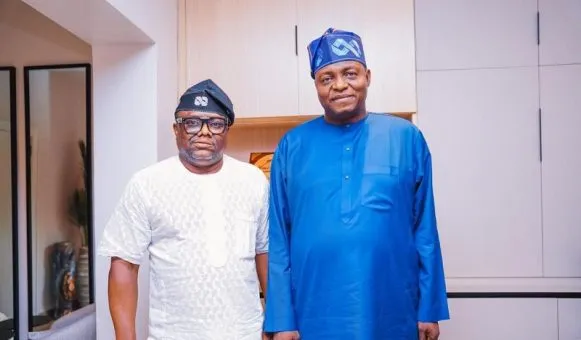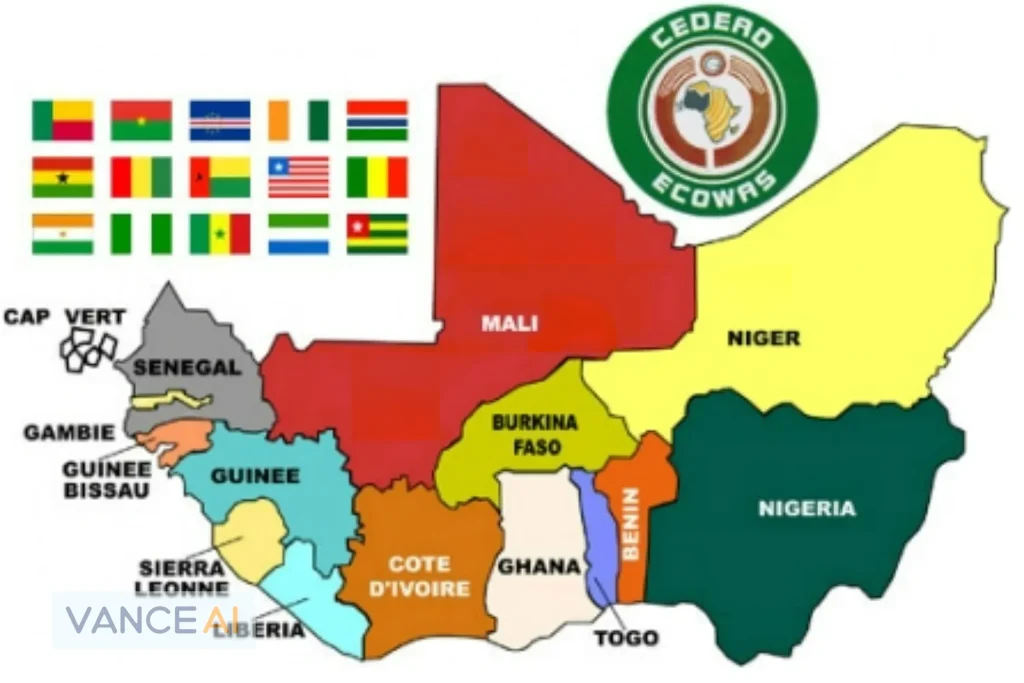Recent polling data indicates that Ghana’s main opposition leader is positioned to secure a win in the upcoming presidential elections, signaling a possible shift in the country’s political landscape. This projection emerges from surveys showing a significant lead for the opposition candidate, driven largely by public dissatisfaction with the current administration’s handling of economic challenges.
The opposition leader, whose campaign centers around economic reform and transparency, has garnered support across various demographic groups, especially among youth and urban voters. The survey results highlight the electorate’s focus on economic issues, with inflation, unemployment, and the cost of living ranking as top concerns among Ghanaians. This economic frustration has translated into growing support for the opposition, as voters express a desire for a leadership change.
Analysts observe that the current administration’s struggle to stabilize the economy has impacted its approval ratings, potentially paving the way for the opposition’s return to power. The poll results also reflect a broader trend across African nations, where economic hardships are influencing voter preferences and heightening the competition between incumbents and challengers.
While the opposition’s lead in the polls suggests a favorable position, political experts caution that unexpected factors could still influence the final outcome. The ruling party, aware of the shifting sentiments, has increased its outreach efforts, emphasizing achievements in infrastructure and healthcare. Additionally, they have called for patience and resilience as the government continues efforts to tackle the economic crisis.
Ghana’s election, set to take place next year, is anticipated to be closely contested. Both the ruling and opposition parties are ramping up campaign activities nationwide, hoping to sway undecided voters in the months leading up to the election. The opposition leader’s supporters are optimistic, viewing this poll as a sign of momentum that could carry their candidate to victory. However, the ruling party remains confident in its base, asserting that its track record will ultimately secure a second term.
As Ghana approaches the election, observers will closely monitor developments in the country’s economic situation, which remains central to the campaign narratives of both parties. The outcome will not only reflect Ghana’s current political dynamics but could also have regional implications, influencing neighboring nations facing similar economic challenges.























